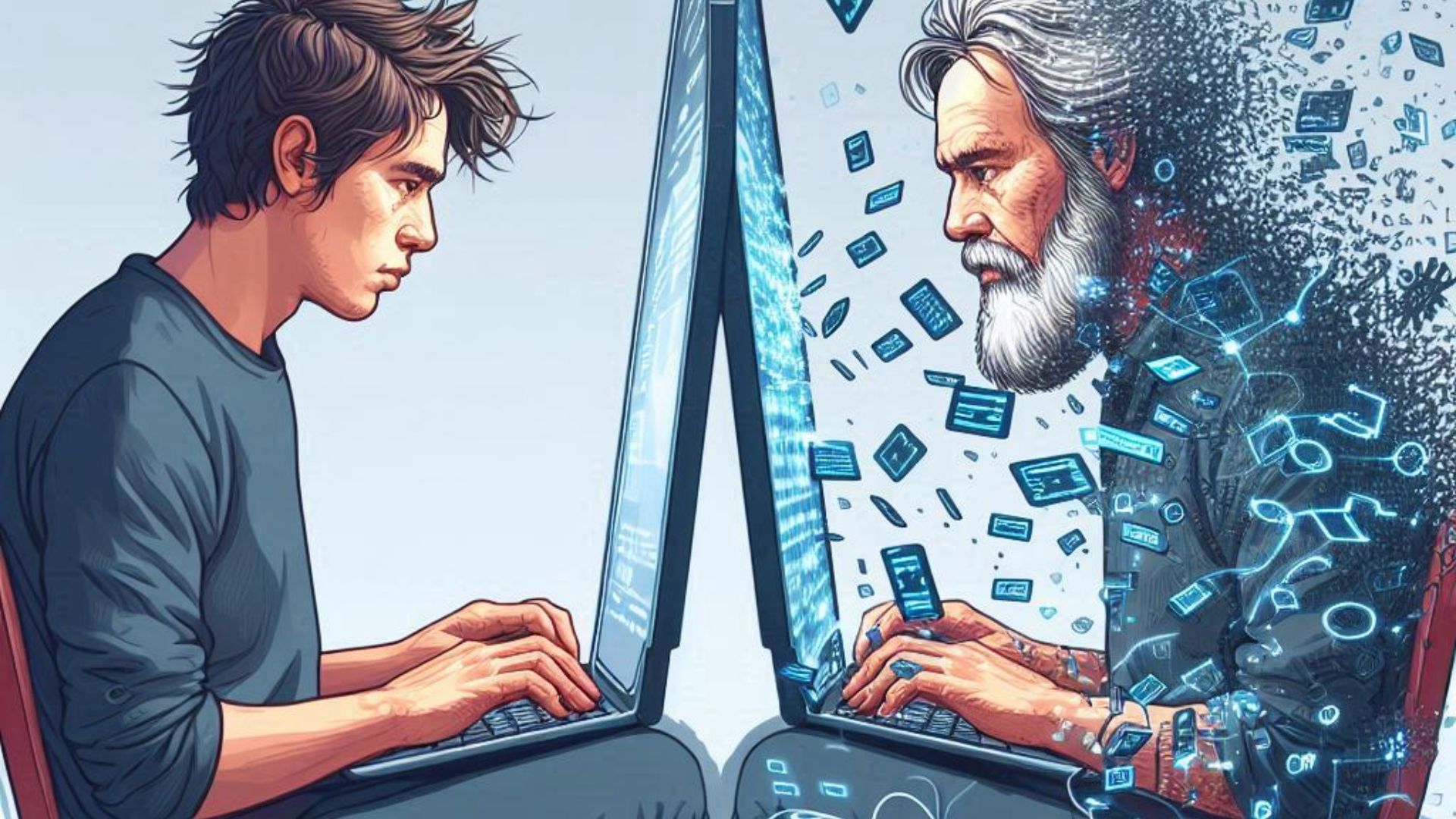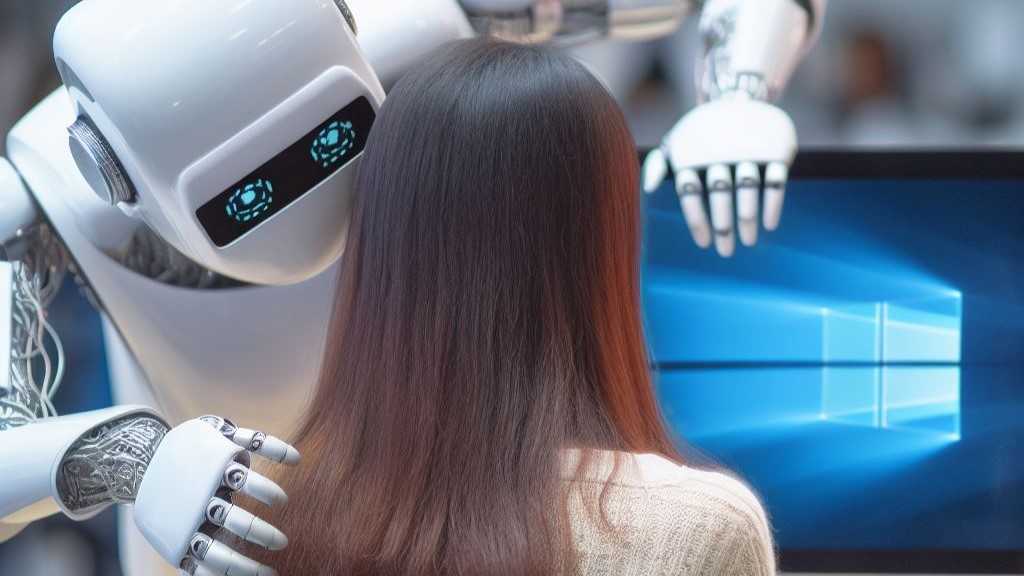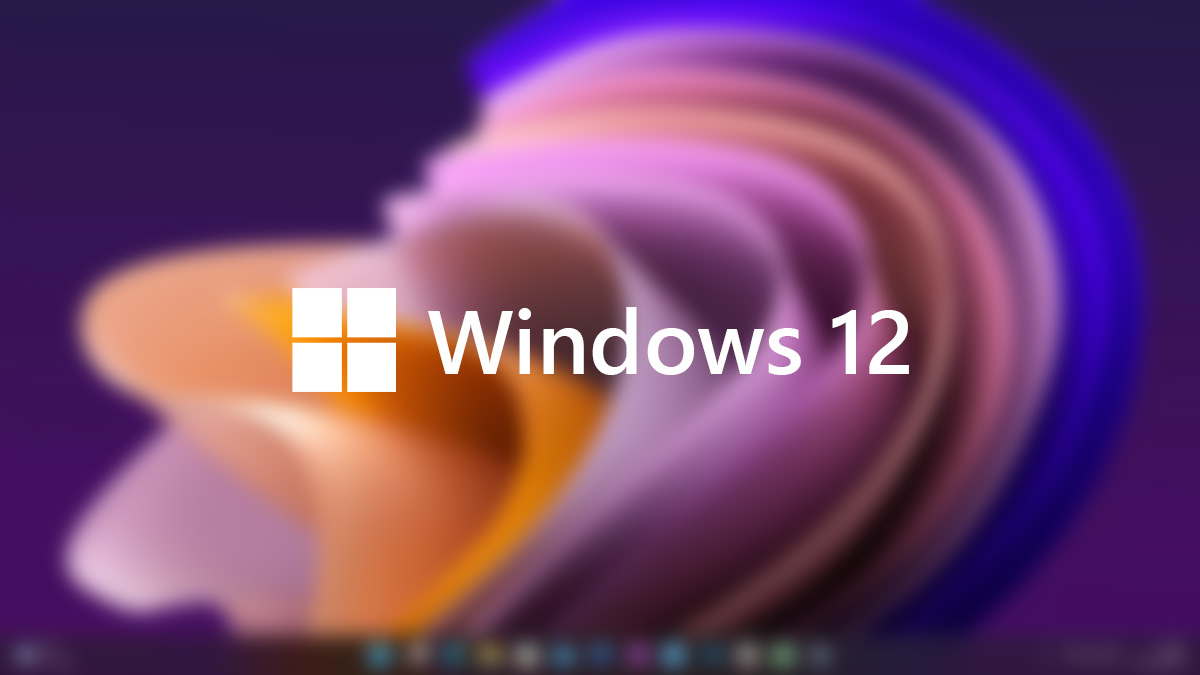
What you need to know
- Researchers at MIT have developed a chatbot powered by OpenAI's GPT-3.5, which lets you talk with a future version of yourself.
- The chatbot uses your past experiences and aspirations to build the basis of the future version of yourself.
- Findings show participants were less anxious and more motivated for the future.
How people interact has evolved over the years. From sending letters and emails to making phone calls and sending text messages. In the AI era, there's seemingly a new way to interact. Researchers at the Massachusetts Institute of Technology (MIT) recently leveraged AI capabilities to develop a chatbot that lets you chat with a future version of yourself.
In light of the dangers artificial intelligence poses on humanity, I'm sure we'd all like to get a subtle glimpse of what the future might look like — even if it's just to satisfy curiosity since there's very little that can be done to alter the path to the future.
How is it possible to talk to your future self?

The researchers leveraged AI to mimic a natural-sounding conversation. OpenAI's GPT-3.5 model also played a crucial role in the experiment. The model was used to ask study participants essential details about their past, aspirations, and more.
Chronologically, the information provided was used to create a backstory for each of the participants (referred to as synthetic memory). Things got exceptionally interesting when the researchers ventured into future self-continuity.
For context, future self-continuity is a concept borrowed from behavioral science. It states individuals with a strong link between their present state and future are more likely to make informed decisions in all spheres of life, which will be beneficial in the long run.
The cutting-edge chatbot presents a futuristic experience fully integrated with a 60-year-old version of yourself (including a profile picture). While speaking to Euronews Next via email, Ivo Vlaev, a professor of behavioral science at the University of Warwick in the UK, indicated:
"Humans often struggle with imagining their future selves vividly. This limitation can lead to a cognitive bias, known as 'temporal discounting,' which in turn leads people to prioritise immediate rewards over long-term benefits. When people interact with a digitally aged version of themselves, it can make the future feel more tangible and immediate, thereby reducing the psychological distance between present and future selves."
The chatbot reportedly reduces "temporal discounting." In the grand scheme, its capabilities can reshape or guide a user's behavior by helping them make better and well-informed decisions.
More research and analysis still need to be done, but Vlaev says the chatbot's effectiveness depends on how authentic it sounds.
Will Windows 12 be better than Windows 11?

As a tech enthusiast and longtime Microsoft follower, after asking the chatbot a few personal questions about my trajectory in life and whether superintelligence will constitute inevitable doom for humanity, I'd be curious to see what the future holds for the Windows ecosystem.
Windows 11 is seemingly a flop, as most users continue to use Windows 10 despite its imminent end-of-support date slated for October 14, 2025. Microsoft's big AI push in the operating system has helped, as Windows 10 continues to dominate the market share. Recently, Windows 11 has gained traction and is seemingly on an upward trajectory.
Market analysts say PC shipments will likely experience an 8% growth in 2025 and attribute this trend to Windows 10's looming death and AI PCs. Still, users have highlighted the operating system's flawed design and stringent system requirements as some of the reasons deterring them from upgrading to Windows 11.
As part of the Windows 11 version 24H2 release, Microsoft announced a handful of AI-powered features shipping to Windows 11 but exclusively to Copilot+ PCs due to their overreliance on dedicated on-device NPUs and sophisticated Snapdragon X Elite chips.
Microsoft's aggressive and annoying ad campaign, especially on the Start menu, doesn't help. The Start menu has faced backlash from users, including Microsoft's lead for Windows experiences and a former Microsoft engineer who referred to its performance as "comically bad" despite using a sophisticated $1,600 device.
While details on Windows 12 remain slim (if Microsoft decides to stick to this moniker), the tech firm will likely add more AI-powered features to the operating system. A concept designer recently presented 'a Windows 13 utopia' packed with Windows 11's wildest dreams, which could also feature bits of what the future holds for Windows.







